Surviving a recession
Nancy Hiller shares advice that may be helpful to other professionals during this difficult time.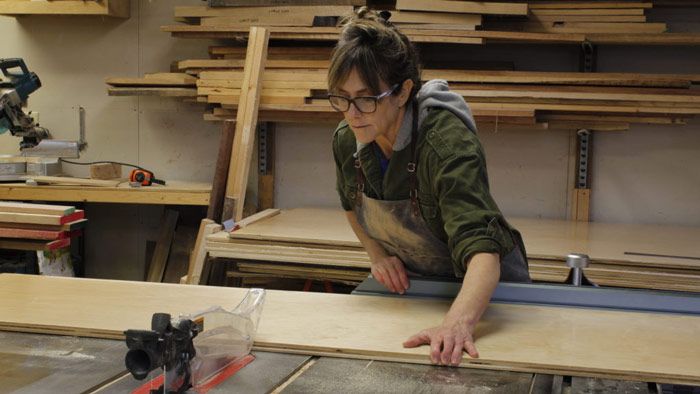
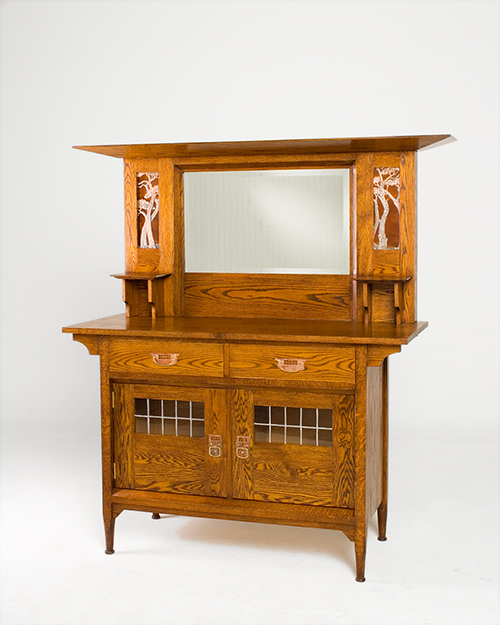
Having lived through the Great Recession that began in 2007 I have a few bits of advice that may be helpful to others, especially those who entered the field of professional furniture and cabinetmaking in what may soon be seen as the Golden Era enjoyed by many of us since about 2012. I put together the skeleton for a blog post on the subject a while back, crossing my fingers that it wouldn’t be timely for many years to come. Now, thanks to COVID-19, we are officially in a recession. Let’s hope it will be brief.
When the phone stops ringing and your income stops short (with no reduction in monthly bills), your first impulse, like mine, may be to panic and stop spending money. The last recession came close to wiping out my business; I could also have lost my home. To this day, I have what can fairly be called PTSD from that experience. So the advice I offer here is not theoretical. At the start of the recession I was living and working alone, with no second income from a partner, nor a housemate with whom to share living expenses. I will always be grateful to the man who is now my husband for suggesting a way to get through that time. He invited me to move in with him and rent out my house, which allowed me to keep my shop (it’s at the same property) and continue to run my business.
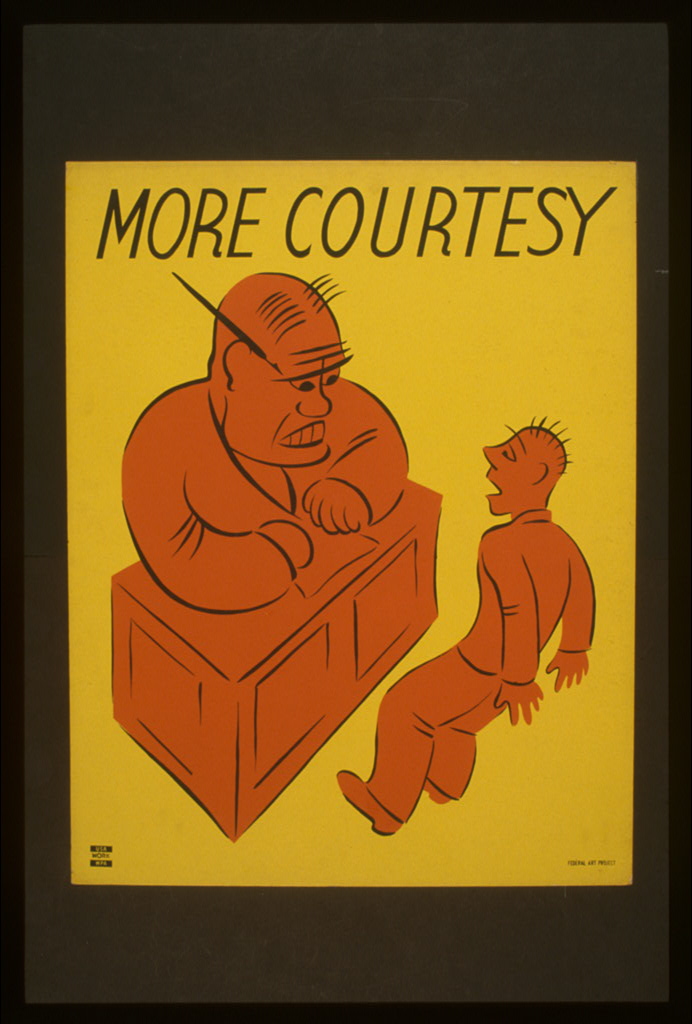
One of the most important things to keep in mind during a recession is that every dollar you’re not spending is a dollar someone else won’t be earning. Small businesses, public and community broadcasting networks, and nonprofits are extremely vulnerable during times of economic contraction. While it’s critical to be judicious about spending, I think it’s also worth doing our best to minimize the harm we may unintentionally cause our fellow micro-businesspersons. We all depend on each other.
What follows is some basic level-headed advice. It isn’t meant for dire life-or-death circumstances; I am not the person to tell you to cash everything in, cancel all your insurance, and invest in an arsenal. There are plenty of others ready with that kind of counsel.
Recessions happen. We need to prepare for them.
Economies are cyclical, and recessions are an integral part. You don’t have to be an awfulizer to appreciate the importance of anticipating hard times. It used to be considered common sense to live below your means and save for a rainy day. Here are a few suggestions along those lines.
1. Minimize your business and household debt. While some kinds of debt may be unavoidable (student loans, a mortgage, a medical emergency, or a loan used to purchase critical business equipment in response to an unexpected breakdown), minimizing debt and paying off what you have as quickly as you can will put you in a stronger position to weather a recession, as well as make the most of economic good times.
2. Diversify your income sources. Most of the professional woodworkers I know have partners or spouses employed by academic, government, or medical institutions. Having a partner with a regular income and job-related benefits such as health insurance, paid time off for sickness, and a retirement savings program is an enviable buffer against reduced income during a recession. (For anyone tempted to imagine that my husband is a wealthy investment banker who props up my woodworking enterprise, let me put the kibosh on that fantasy. My husband and I both run our own businesses, but as a carpenter and general contractor, he’s at least in a different, if related, line of work.)
Whether or not you have a partner or spouse to share expenses, you can diversify your own income sources by developing skills in other marketable fields. I know furniture makers who do professional-quality photography, welding, and landscape design. Others have experience waiting tables, or are licensed to tend bar. Granted, the hospitality industry is among the hardest hit right now, but in general it’s an option. During the last recession I freelanced as a writer for city and university magazines; while writing on average pays a fraction of a furniture maker’s shop rate, my writing income made it possible to cover the basic costs of keeping my shop (utilities, business insurance, etc.), a crucial component of getting through the worst. It also introduced me to new groups of people, some of whom subsequently became customers of my business.
Don’t be proud
I don’t care how excellent a craftsperson you are; work is work (well, unless it’s illegal or unethical, neither of which I’m advocating). It all helps pay the bills, and when paying the bills becomes a three-alarm fire, it’s foolish to consider yourself above doing whatever’s necessary. A friend of mine whose artistic upholstered furniture is in collectors’ homes across the nation had so little business in the last recession that he toyed with the possibility of flipping burgers. A friend with a successful woodworking business took a job driving school buses—a great way to augment his income while leaving the bulk of daytime hours for work in the shop. I took whatever paying work I could get: demolition for remodeling jobs, refinishing plywood cabinets for a mid-century kitchen, manufacturing architectural millwork. In a previous recession I helped a friend by working in his booth at a weekend art show and landscaped a garden for another. Yes, government directives to stay at home right now preclude many kinds of work that would be possible in other circumstances, but it’s still solid general advice.
There will always be some people who take pleasure in telling you how well their business is going, even (or perhaps especially) after hearing that you’re having a hard time. Some of these people have spouses, partners, or family wealth that allows them to run their business as something more akin to a hobby than a bona fide basis of their livelihood. Some of them don’t. Regardless, do not let them make you feel like you’ve failed. People who bolster their sense of self-worth by gloating when others are hurting almost certainly have problems you should be grateful you don’t share.
Barter services
Orders stopped coming in? You may not have income, but you probably still have time, which makes this an ideal opportunity to trade services. For example, during the last recession I designed and built a cherry fireplace surround for my HVAC contractor in exchange for a heat pump that heats and cools my shop.
Cut your expenses
Put a sweater on. Lower the thermostat in winter, raise it in summer. Talk with your insurance agent about how you can cut your premiums to the bone until things get better.
Make a list of your monthly spending and slash it, doing what you can to balance what you can spend with reasonable consideration for how you can support other businesses. The internet abounds with advice for cutting costs; given how dramatically microbusinesses (and our spending) vary, I’m not going to give more of that advice here.
Consider reducing your charges
Yes, reducing your charges can be risky. Not only is it likely to lower your income (I say “likely” because in principle you could work twice as many hours for half the hourly rate and make the same income); it can also be perceived as evidence of desperation, which is never good for business. But there’s nothing wrong with discreetly negotiating a lower-than-usual price if that’s what it takes to keep the income flowing. In the last recession I did a job for a fixed price of $7,000 for which I would ordinarily have charged $21,000. Why? Because $7,000 was all the client, an institution, had budgeted for the piece (and yes, a portion of that figure had to be spent on materials, so what I earned was lower than that figure). Did it irk me that I could have been covering all of my expenses with no trouble, had I been paid at my normal rate? You bet; it took a long time to get back on my feet financially, and knowing how far ahead I might have been, if I’d been paid at my normal rate for this job, drove me a little bit crazy. But I reminded myself that getting paid $7,000 was better than no dollars.

And now for some happier perspective…
A recession shouldn’t only be a time for constriction. It’s also an excellent time to invest in your business. Again: you have time–time for some of the tasks you’ve put off for years.
Improve your shop
Reorganize your lumber rack. Built a better rack for sheet goods, if you use them. Cover those open shelves that are a constant visual distraction with attractive doors. Make the layout more pleasing and efficient.
Improve your branding and marketing
Update your website, or replace it entirely with something fresh and appealing. Add all those pictures of work you’ve had in a folder on your computer but haven’t have time to post. Write informative captions that will give potential customers a better understanding of what you and your work are about. If you don’t have the technical skill, consider bartering services with someone who does.
Build spec pieces
Invest in opportunities for future work. Most of us who do custom work spend our work lives building things that clients are willing to pay for, whether or not those pieces are the kind of work we’d ideally prefer to build. As someone who has to earn a living (and who for many years was without a partner with whom to split expenses), I have always been grateful for paying work, regardless of whether it meant working in materials or styles I might otherwise have snubbed. But that hasn’t stopped me from doing what I can to steer the course of my work in directions I find most satisfying.
See if you can get someone to commission a piece (even if it takes a significant discount) that you can use to build your reputation for a particular style you love. Even if you can’t find someone to pay for it, odds are you have some nice material you’ve been saving for just the right project—one you’ve wanted to build for years but couldn’t, due to never-ending deadlines. Now’s your chance.
Once you’ve built that piece, market it online, through your website and social media. Send a pitch to a magazine. Send one to your local media, along with an interesting angle for a story. I’ve long marketed myself as a designer-maker of work in period-sensitive styles, with a specialty in English Arts and Crafts. In my local market, I’ve done so by a combination of word of mouth, selective advertising, and public relations. At the national level I’ve done it through writing articles for magazines, primarily Fine Woodworking and Popular Woodworking. And I’ve made the majority of my spec pieces over the course of my career when work was slow.
Being positive may be tough. (It’s certainly tough for me.) You’re not alone. Some of the most vital work you can do during a recession is motivating yourself to be constructive.
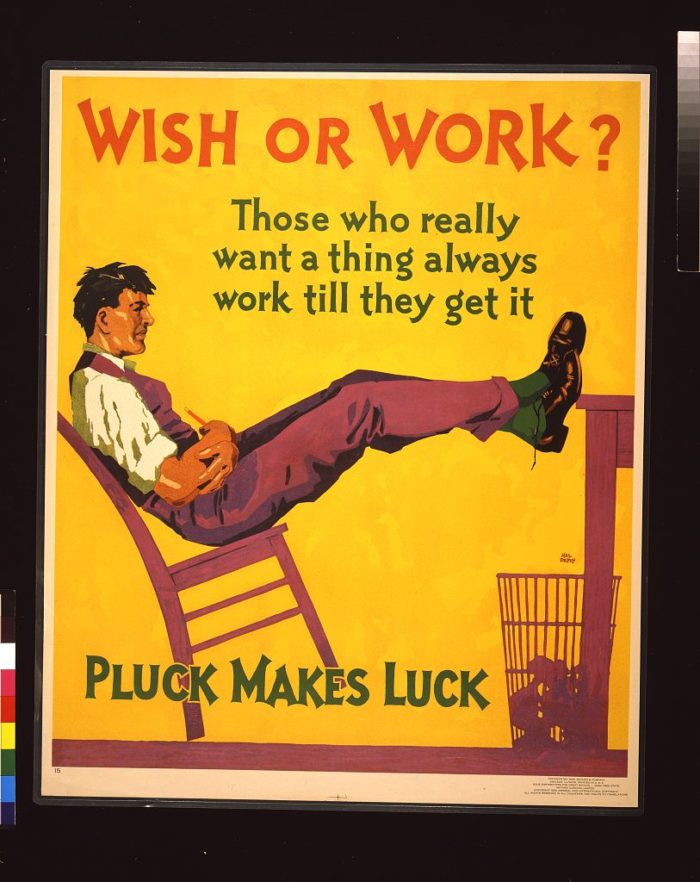

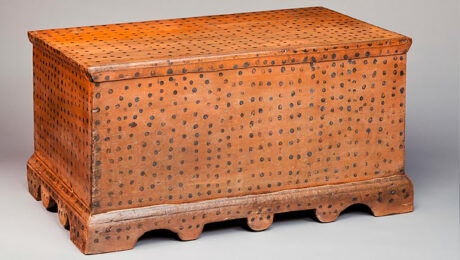

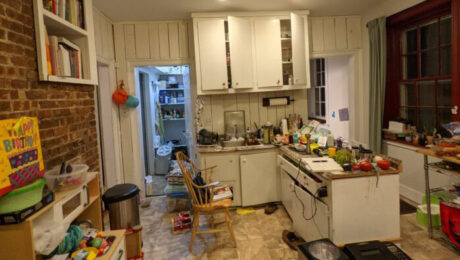
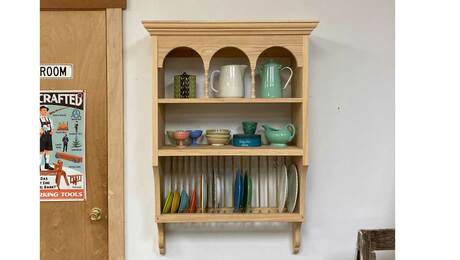


















Comments
Brilliant.
Great piece
Thanks Nancy. I was working at a large company in 2008 and about 10 years in my industry. The prior two years, everyone was complaining about not getting promotions. In 2008 and 2009, no one complained or asked about promotions.
Though that event shook me and I worried, my PTSD moment came in 2015. I spent about 6 months between jobs. That was tough and incredibly stressful. Since then, I have paid off all debt except the home and am working hard to get that paid off. The less I need to spend each month, the less stressed I feel.
Thanks for sharing some of your experience. I'm sure many of us can relate. Here's wishing you the best as we move forward.
Thanks for these good ideas. I've learned over the years to not take it personally when the phone stops ringing. Instead of sitting around and fretting about the situation, it's better to look outside of my normal realm of thinking of possibilities and consider doing something different for a little while. Eventually the phone will ring again.
ms.hiller, thank you for your beautiful essay.
when we moved into our home over 2 decades ago, there was an alcove for entertainment electronics (tv, amp, turntable, tape/cd/dvd players, etc). those electronics were placed on inelegant plywood shelves, which in turn were on cinder blocks. not pleased with this arrangement, i designed a three tiered, 3 sectioned cabinet to fit in that 10ft wide section (8ft tall and 3 ft deep). as i was then working over 80hrs per week, (woodworking is my hobby, not my vocation), i decided to preserve my marriage and hire a professional to make it for me. i interviewed and presented drawings of the project to over a dozen shops of woodworkers and cabinetmakers, and none were interested in the job (too detailed, wouldn't fit into their work flow, etc) - until i met one fellow. he said he remembered how tough it was in the prior recession, and because of that, he vowed to never turned down a job, no matter how small or large or simple or complex. the oak cabinet turned out beautifully - with dovetails for the faceframe joints and drawer sides, dadoed inserts for cd's, dvd's and vcr tapes in the drawers, inset lights to highlight the pottery in the portion of the cabinet with glass doors, tamboured door to enclose the tv, channels and fans for air flow (too cool the electronics), and many more features. he subsequently received many more commissioned jobs from friends who saw his work at my home. as ms.hiller states: "Economies are cyclical, and recessions are an integral part... work is work... it’s foolish to consider yourself above doing whatever’s necessary..."
That sounds like a wonderful piece of cabinetry. I appreciate hearing about your cabinetmaker and what he learned from hard circumstances.
What a great piece. I've worked in woodworking, Saw milling, Blacksmithing and farming. My prices have dropped and then went back up over the years. Our markets will come back and when they do I think it's going to be better than before. I think this article is well timed and gives great advise. What time than now to hit the reset button. Keep your hands in the wood and it will work out.
Great advice and very inspirational. Thank you, Nancy.
Log in or create an account to post a comment.
Sign up Log in